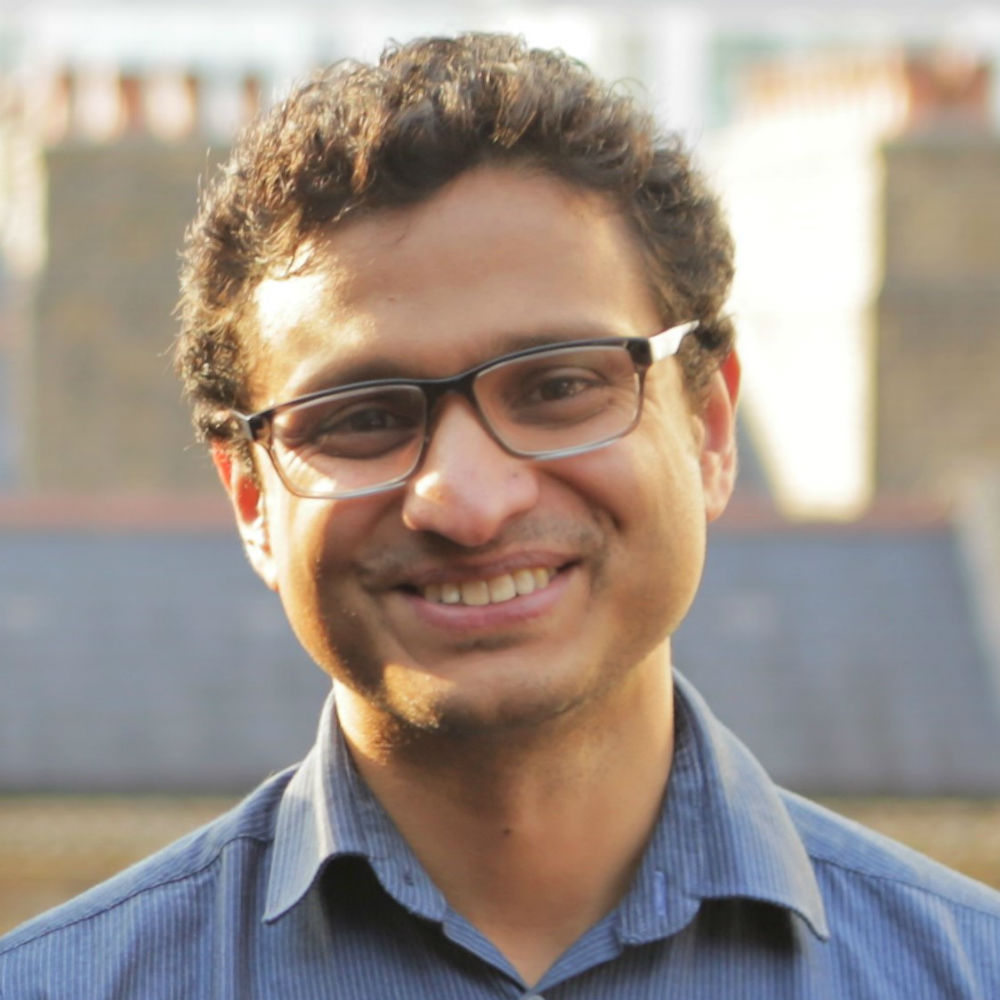The development of responsible and sustainable innovation requires innovators to follow a specific and guided innovation process. Technology such as virtual, augmented reality and augmented intelligence is helping to facilitate this.
Innovation has played a crucial role in the success of many companies and educational institutions, and even improved the economies of several countries. Although emerging economies “BRICS” countries have seen a rise economic growth in recent years through innovation, most African nations have not followed this upward trend.
The proposed project seeks to build upon effective and innovative practices to help sub-Saharan African universities create relevant engineering programmes that will, in turn, create new engineering companies and new employment opportunities for graduates. Essex forms part of the project consortium which is led by the University of Eswatini (UNESWAT) and comprises of five other UK and African partner institutions.
Essex will focus on the design and validation of virtual reality tools to create online interactive collaborative environments, known as 'Innovation-Labs' (Callaghan et al), that can be used to pilot and evaluate creative design processes and entrepreneurship training courses for staff and students.
The i-Lab will have the following interlinked components:
- An environment that encourages creative thinking, and is different from the participants’ normal working environment.
- Software technology for supporting an efficient ideation process, where users can anonymously post their ideas, thus enabling more ideas to be generated, shared and recorded in a short time.
- Human and software drive facilitation techniques to ensure efficiency and success are achieved by collaborating participants.
This work is also developing AI-based facilitation of these environments where natural language information processing, and machine learning approaches can be used to create intelligent agents that can be used to facilitate sessions in place of, or complementing with, human experts.
Partners and funding
This project is part of the Higher Education Partnerships in sub-Saharan Africa (HEP SSA) 19/21, funded through The Royal Academy of Engineering and supported by the Anglo-American Group Foundation and the UK Government through the Global Challenges Research Fund.
The partners include University of Eswatini, University of Essex, The National University of Science and Technology, National University of Lesotho, University of Stellenbosch, Glasgow Caledonian University, and Christ Church Canterbury University






